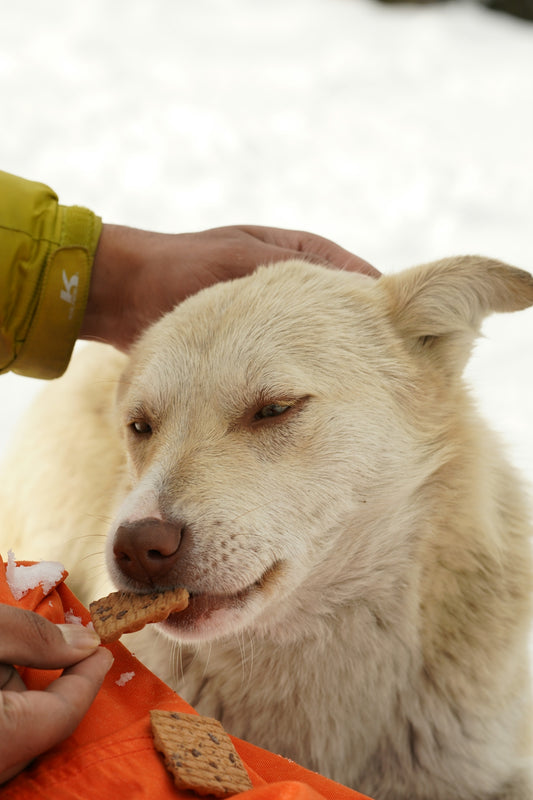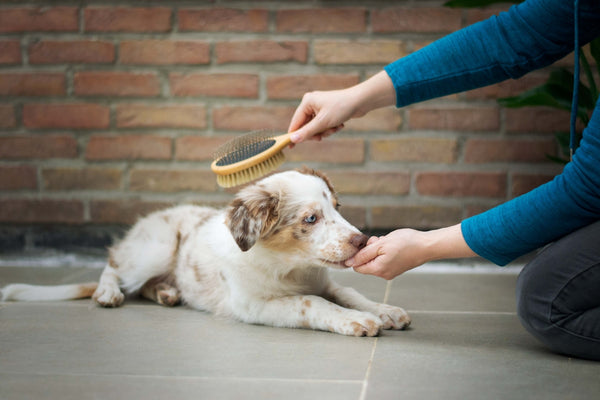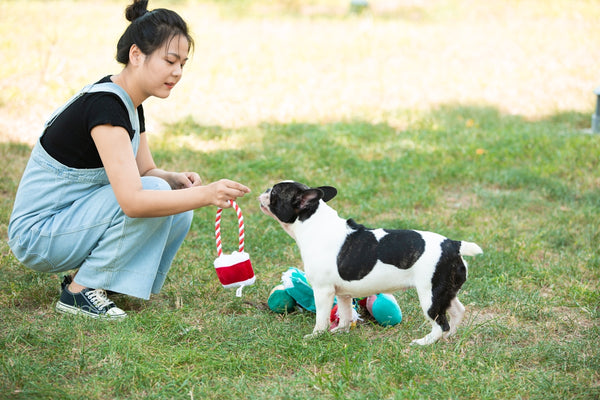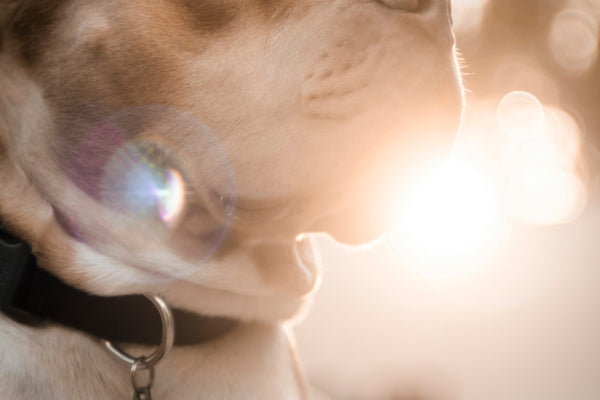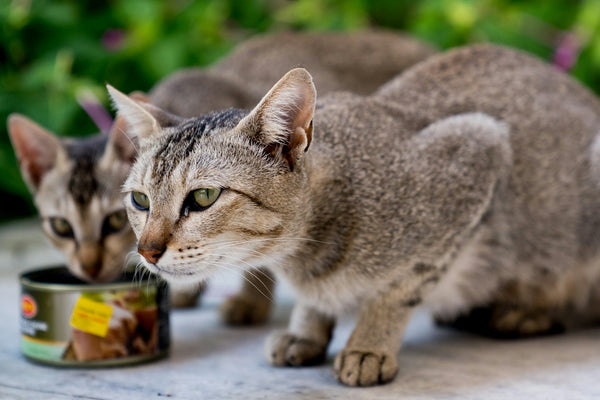A balanced diet is as essential for your furry friend as it is for you. Maintaining the right nutritional balance can ensure healthier living, more energy, and a longer lifespan for your pet. Proper scheduling is key to making sure your pet gets all the nutrients they need at the right time. Here's a guide on how to create a balanced diet schedule for your pet.
Understand Your Pet's Nutritional Needs
Different pets have different dietary requirements based on their species, age, size, and health conditions. For a healthy diet plan, it is crucial to consult with your veterinarian as they can provide personalized recommendations.
Basic Nutritional Components:
- Proteins: Essential for growth and maintenance.
- Carbohydrates: Provide energy.
- Fats: Support cell function and overall energy.
- Vitamins and Minerals: Important for a strong immune system and overall wellbeing.
- Water: Vital for all bodily functions.
Enhance your pet's water intake with the PetHydrate Automatic Cat Bowl & Water Fountain to ensure they stay hydrated all day.
Meal Timing and Portion Control
Feeding your pet at regular intervals helps maintain their metabolism and prevents overeating. Here are some tips:
- Adult Dogs and Cats: Usually require two meals a day.
- Puppies and Kittens: May need three to four smaller meals a day.
- Measure Portions: Use a consistent method to measure and serve portions using a pet bowl like the Paw & Patch Nautical Blue Small Ceramic Pet Bowl for Dogs and Cats.
Use Technology to Your Advantage
Incorporating smart technology can be a game-changer for busy pet owners. The Smart Automatic Cat and Dog Feeder with Wi-Fi Connectivity allows you to schedule feedings and monitor your pet's eating habits remotely.
Supplements for Extra Boost
Sometimes, pets might require supplements to fill nutritional gaps. Prenatal vitamins, for example, offer great benefits for expecting pets:
- Premium Prenatal Multivitamins for Dogs and Cats are enriched with folic acid and essential minerals to support the health of both mother and offspring.
Monitoring and Adjustments
Regularly weigh your pet and observe their activity levels. If you notice changes in your pet’s weight or energy levels, consult your vet and make necessary dietary adjustments.
By following these steps, you can develop a nutritious and consistent feeding schedule that will keep your pet happy and healthy. For more pet care tips and products, visit My Pet Collective.
